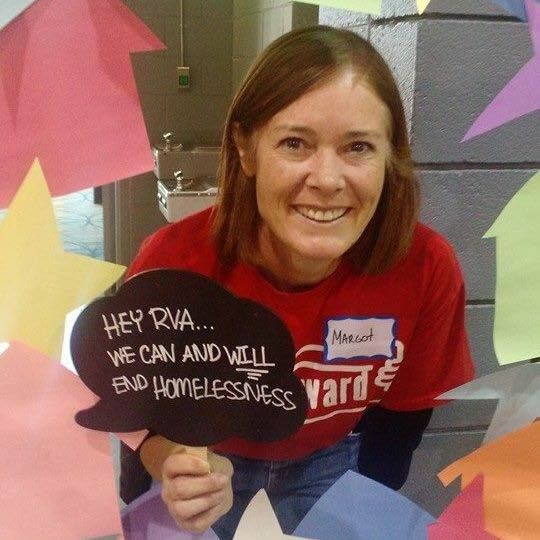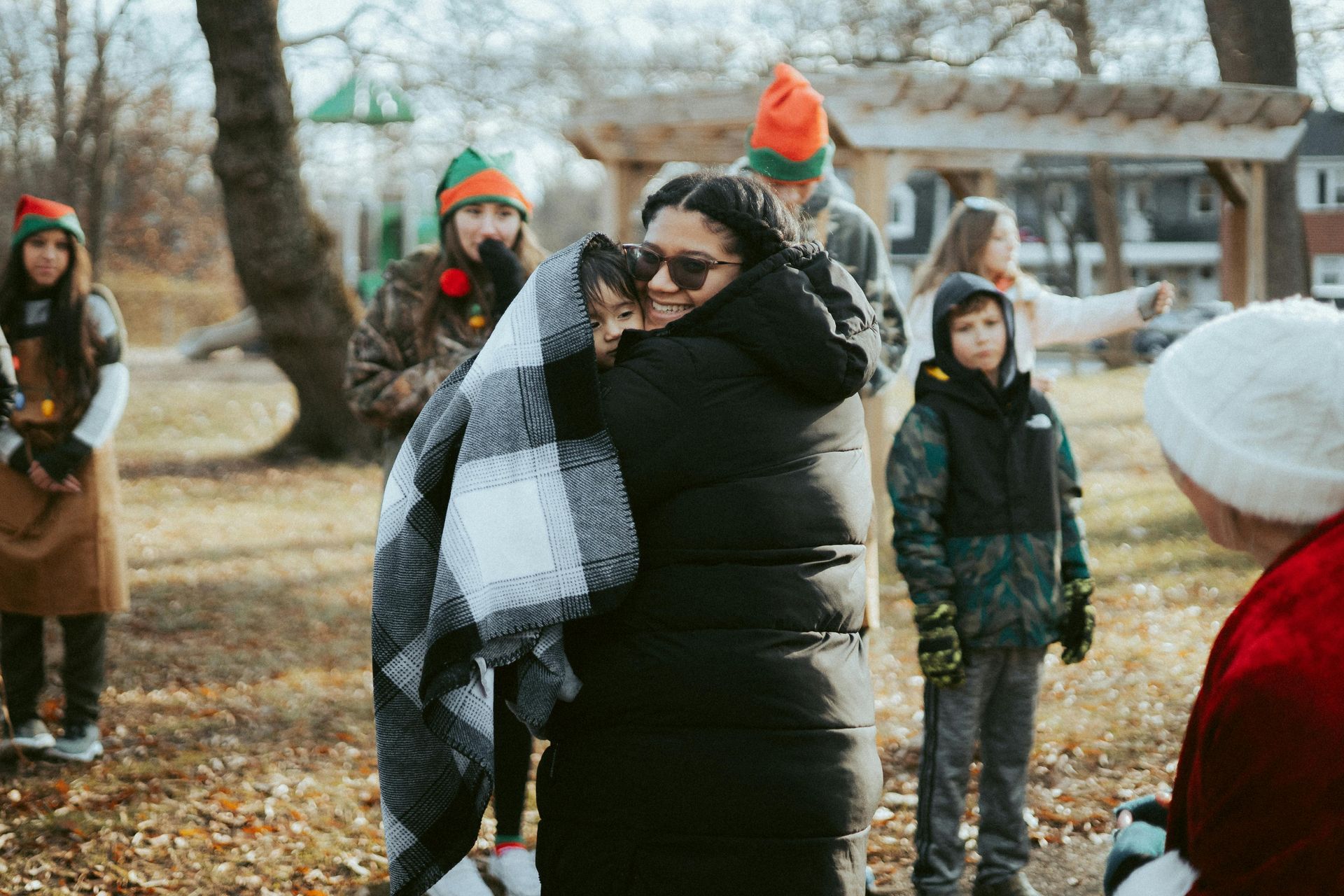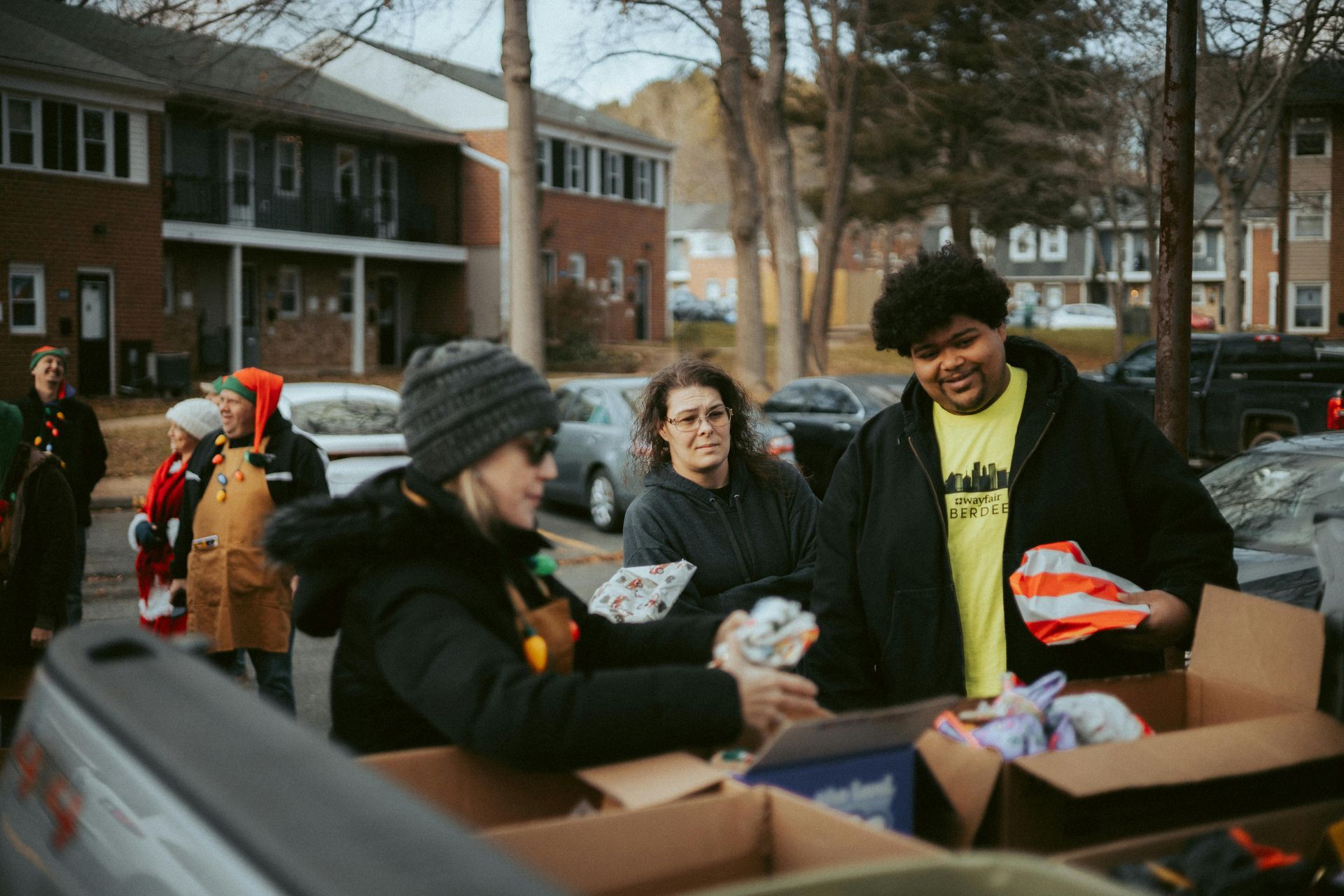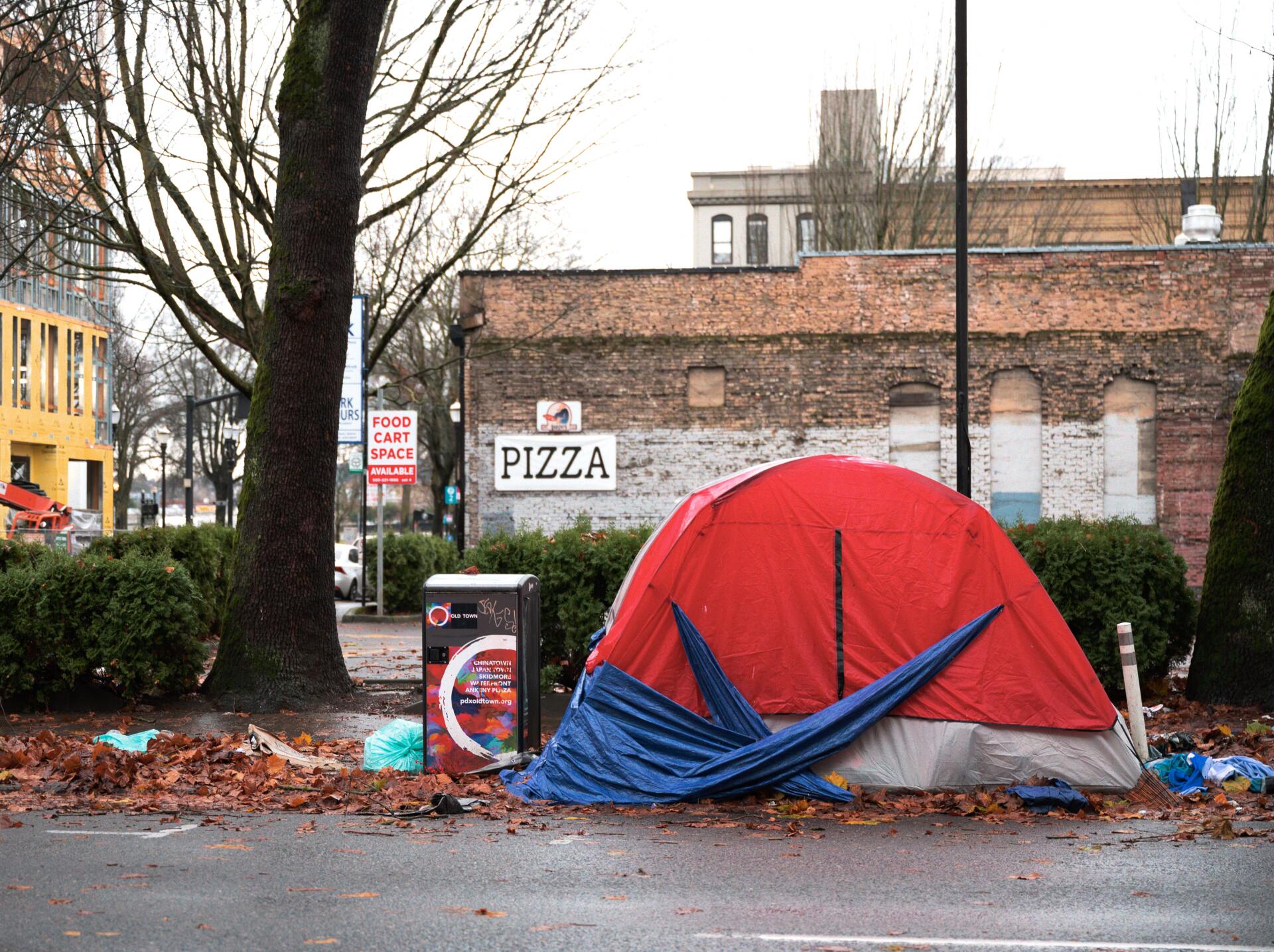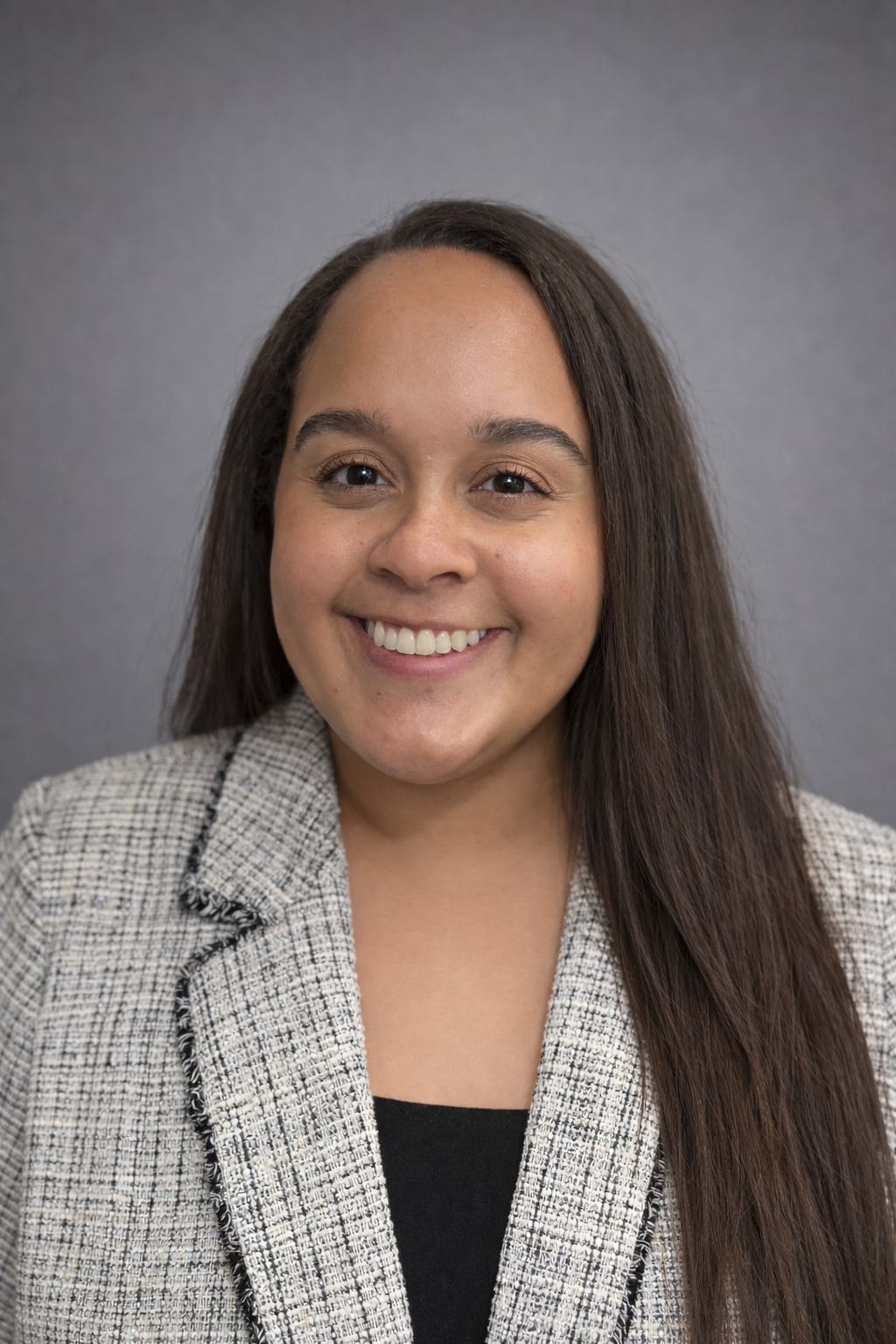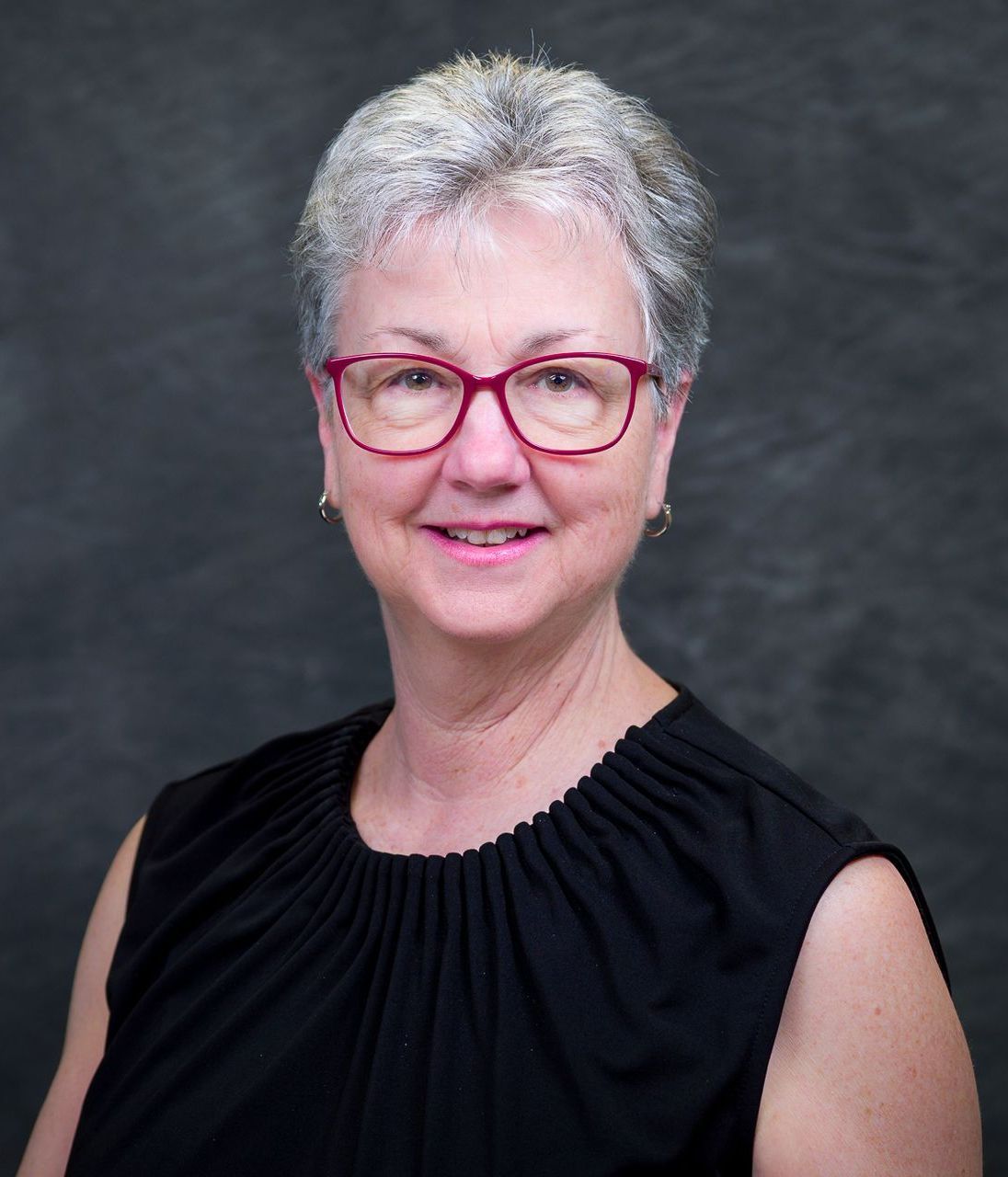Addressing Homelessness: Understanding Access versus Resources
This post is part of a series that explores the ways in which the Richmond region addresses homelessness and provides context on how our collaborative and regional network operates. You can access other posts in this series on Funding by The Numbers, Keys to Helping More People, and Supporting Frontline Staff.
Homelessness is a complex and interconnected challenge. As anyone who works in homeless services or volunteers in this space can attest, it’s hard work. That work is made even more difficult when misinformation and misleading criticisms are persistently leveled against our regional system of homeless services.
The Greater Richmond Continuum of Care (GRCoC) is a collaborative and compassionate network that includes 34 local, mission-driven nonprofit agencies and over 200 frontline professionals dedicated to serving our most vulnerable neighbors facing the crisis of homelessness. It's important to share the real story of what’s happening in our community every day to support and serve individuals and families facing homelessness.
Understanding Access and Resources
There seems to be a fundamental misunderstanding between access and resources for homeless services. Adding additional options to access our regional network of homeless services doesn’t mean that there are more programs or shelter beds for those in need. In fact, taking that approach can actually add strain to the system because individuals will be given the false expectation that they’ll be able to get immediate services. Simply put, we can’t give someone what we don’t have.
Right now, individuals can connect with our region’s network of homeless service providers through street outreach workers or the GRCoC Homeless Connection Line (HCL). The HCL was developed by community partners working together to address the homelessness crisis. This work began in 2016 when we reviewed what we heard from people experiencing homelessness and those being served by emergency shelters and other homeless assistance programs. Creating a regional way to access homeless services was paramount and the HCL serves as a key component.
Yet, the need in our region far outpaces the resources we have. Let’s look at a single day earlier this week as an example. On Monday, February 12, 2024, HCL staff spoke with 99 people in a housing crisis in our community. And that’s just one day. That same day, there were no open shelter beds or spaces in housing assistance programs available because those programs were already serving other people in crisis. That day, Feb. 12, 2024, 320 individuals (including families with children) were being served in a year-round emergency shelter; 150 individuals were at the Inclement Weather Shelter; 34 people made contact with a street outreach worker, and 720 people received housing assistance and supportive services in a GRCoC housing program.
The next day, there was one open shelter bed available for those households identified as the most vulnerable in our region. There were an additional five referrals from our coordinated response system (mistakenly referred to as “point of entry”) to permanent housing programs which work to assist our neighbors staying outdoors, in cars, and in shelters due to the lack of enough affordable homes in our region.
Notably, three of the six referrals over this two-day period were to programs funded in October 2023 through a federal grant that supported the regional expansion of services for youth and young adults experiencing homelessness. These referrals demonstrate the impact of additional investments in housing assistance programs.
Our region is facing a resource issue, not an access issue. Individuals have shown that they can contact our regional system. It’s the fact that we don’t have enough capacity in housing assistance and shelter programs that’s the true, and understandable, source of frustration.
